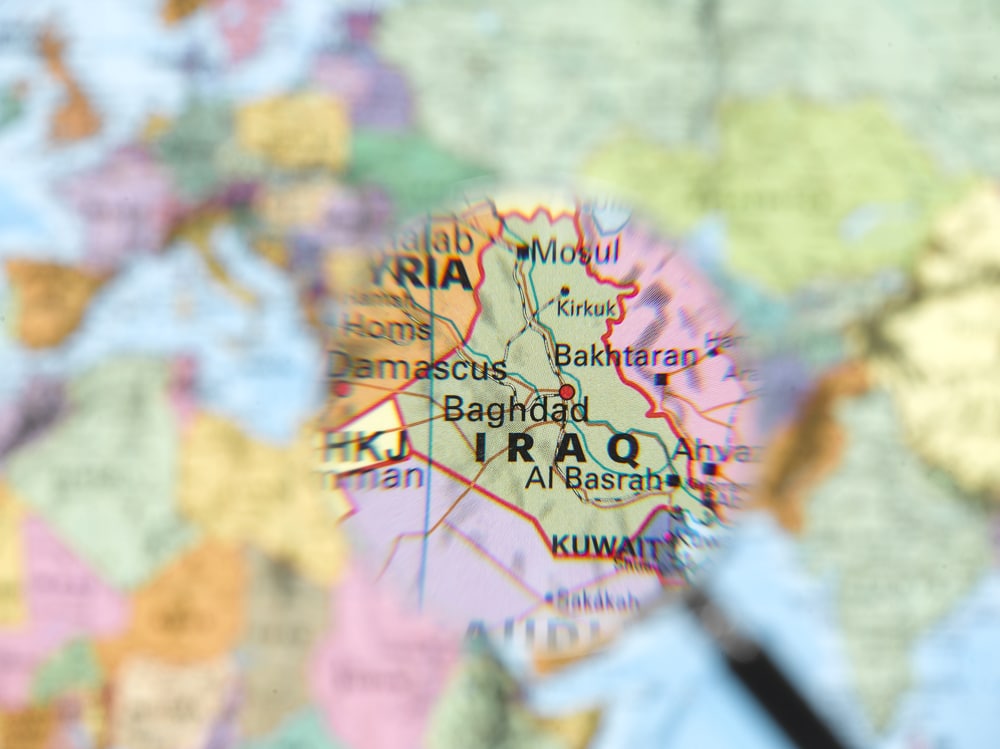Following the attacks on dozens of sites across Iraq and Syria, the Islamic Resistance in Iraq announced it attacked bases that house US soldiers. Last week, three American soldiers in Jordan, near the Syrian border, were killed by a drone. The White House blamed Iran for the attack, a charge Tehran denies. Pentagon Press Secretary Sabrina Singh admitted Washington had no evidence that Iran directed the attack.
Still, the Biden administration leaked to the press that the president would order strikes against Iranian targets in the Middle East without seeking Congressional authorization. Secretary of Defense Lloyd Austin said on Thursday that it “doesn’t matter” if Iran directed the attack. Austin said, “You know, we believe that this was done by an element of what is known as the Axis of Resistance, and these are Iranian proxy groups. And how much Iran knew or didn’t know, we — we don’t know, but it really doesn’t matter because Iran sponsors these groups.”
Without evidence or approval from Congress, Biden ordered the first round of strikes on Friday. At least 16 people, including civilians, were killed by the strikes in Iraq, according to Baghdad. In Syria, around 25 fighters were killed.
US Central Command (CENTCOM) reports it hit 85 targets with 120 bombs. Members of Shia military groups in Iraq and Syria were killed. However, at this time, it appears no Iranians died in the strikes. Before the attack, Reuters reported Tehran was working to withdraw its forces from the region.
In his statement on the strikes, Biden said he is planning additional waves of attacks. “This afternoon, at my direction, US military forces struck targets at facilities in Iraq and Syria that the IRGC and affiliated militia use to attack US forces,” a White House statement said. “Our response began today. It will continue at times and places of our choosing.”
The Iraqi government blasted the US for a “new aggression against” its sovereignty. “This aggressive strike will put security in Iraq and the region on the brink of the abyss,” Baghdad said.
Damascus was also outraged. The Syrian Ministry of Defense called the strikes “aggression of the American occupation forces,” which it said was attempting “to weaken the ability of the Syrian Arab Army and its allies in the field of fighting terrorism.”
Shia militias in Iraq and Syria began attacking US troops in Iraq and Syria in mid-October. The umbrella organization for Shia militias that operate in the region, The Islamic Resistance in Iraq, said that the attacks were an effort to pressure Israel to end the onslaught in Gaza. US troops had come under fire over 150 times before the three soldiers were killed in Jordan.
The US has conducted several airstrikes in Iraq and Syria in response to the hundreds of attacks that often caused no or only minor injuries to American soldiers. However, the strikes were far more limited than the massive bombing campaign on Friday.
National Security Council Spokesman John Kirby claimed that the attack was an effort to de-escalate tensions in the Middle East. “The signal is: The attacks [on American forces occupying Iraq and Syria] have to stop. The attacks have to stop. So the signal is — to [Iran] and to these groups: The attacks have got to stop.” He continued, “These responses began tonight; they’re not going to end tonight. So there will be additional responses. There will be additional action that we will be taking.”
The White House has frequently asserted that its actions in the Middle East since October have been aimed at de-escalation tensions. However, attacking the militias in Iraq and Syria, or the Houthi in Yemen, have caused further escalations.
Al Jazeera’s Mahmoud Abdelwahed said on Saturday that the al-Tanf and Ain al-Assad bases were targeted. The Islamic Resistance of Iraq announced it “attacked the American occupation’s Harir base in Erbil” with drones. Washington has not commented on the alleged attacks.
In Yemen, the White House has ordered over a dozen waves of bombings against Houthi in under three weeks. The strikes have escalated the attacks from the Houthi. According to CENTCOM, Yemeni forces conducted multiple rounds of attacks on vessels in the Red Sea on Friday.
While Biden has bombed three countries in response to the escalating tension in the Middle East, the White House has refused to condition the aid the US provides to Israel to pressure Tel Aviv to relent in Gaza. The US maintains significant leverage over Israel and has pressured Tel Aviv to end previous wars on the Strip.
This article was originally featured at Antiwar.com and is republished with permission.

































